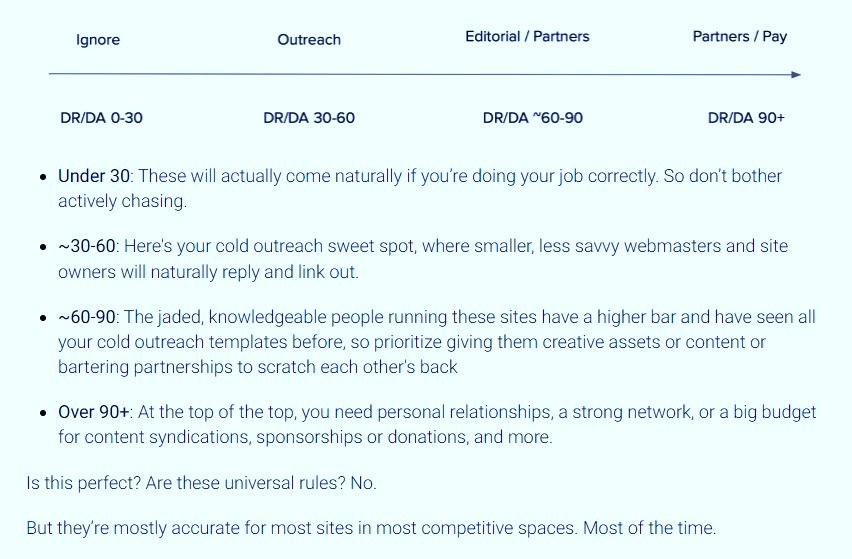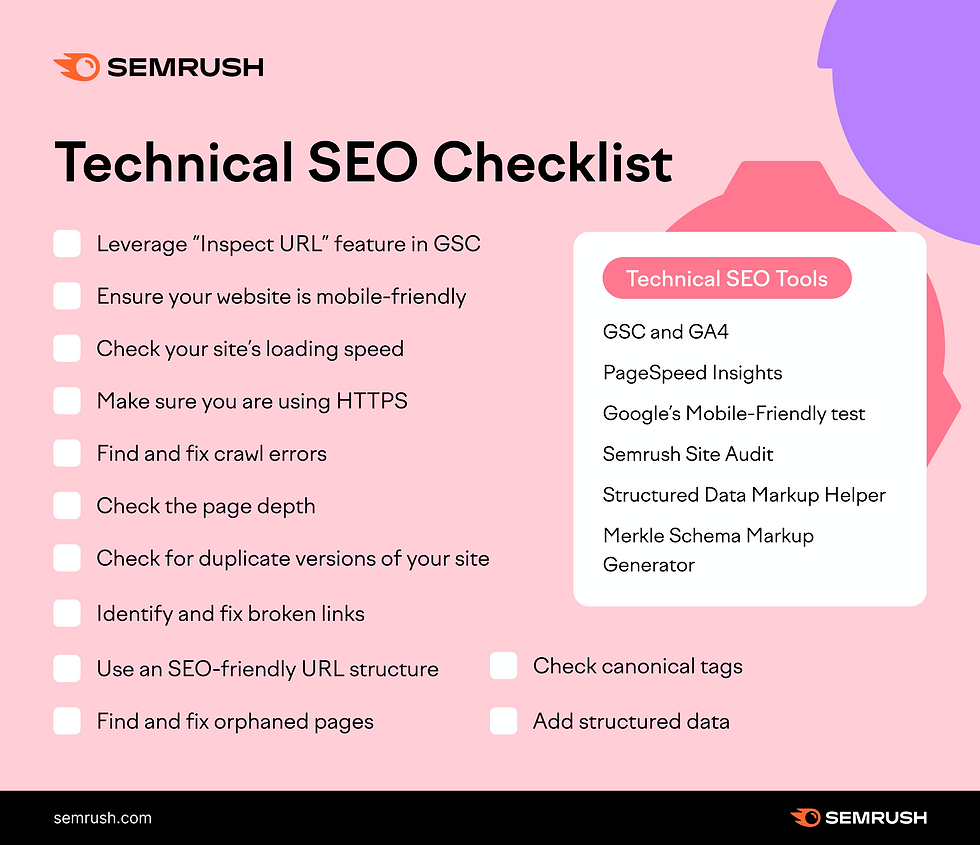Why is My Domain Authority So Low? - [5 Potential Reasons]
- Madhu Kumar C
- Aug 22, 2023
- 4 min read
Updated: Jan 20
![Why is my domain authority so low - [why did my domain authority go down]](https://static.wixstatic.com/media/9417b1_72af00ef67b148788bf6cac1fd9fd31d~mv2.jpg/v1/fill/w_640,h_427,al_c,q_80,enc_avif,quality_auto/9417b1_72af00ef67b148788bf6cac1fd9fd31d~mv2.jpg)
Why is My Domain Authority So Low?:
I know some questions like why did my domain authority go down, why does domain authority drop, or why has my domain authority dropped and similar concerns could be haunting you, right?
In fact, it can also be quite frustrating to see your domain authority (DA) struggling to rise, but don't worry, you're not alone.
Many website owners face this challenge, and there can be several reasons behind a low DA.
Let's dig into it and also find potential solutions!
First, let's quickly understand what is domain authority of a website is.
DA is a metric developed by Moz that predicts how well a website will rank on search engine result pages (SERPs).
It's measured on a scale from 1 to 100, with higher numbers indicating a stronger online presence. Let's dig deeper to provide you with more information.
Reasons for a Low Domain Authority:
Now, let's explore the most possible reasons why a website or blog has a low domain authority:
1. Poor Quality or Thin Content:
Content is king in the digital realm. If your website lacks valuable and engaging content, search engines may not consider it authoritative.
To improve your DA, focus on creating high-quality, unique, and informative content that adds value to your readers' lives.
Remember - “Understanding and satisfying search intent is Google’s ultimate priority. Pages that rank on the first page have all passed Google’s test on search intent” – Semrush
Create Quality Content:
![Create Quality Content - [quality content creation]](https://static.wixstatic.com/media/9417b1_299c3a9b3a494c928914b228de08e57d~mv2.jpg/v1/fill/w_790,h_402,al_c,q_80,enc_avif,quality_auto/9417b1_299c3a9b3a494c928914b228de08e57d~mv2.jpg)
2. Lack of Inbound Links:
Inbound links, also known as backlinks, are links from other websites pointing to yours.
These links act as votes of confidence for your site's credibility and authority. If you're lacking backlinks, it's time to devise a link-building strategy.
Reach out to reputable websites in your niche for guest posting or guest blogging opportunities, or invest in creating shareable content that naturally attracts links. See examples here.
"Understand that link building is a long-term effort requiring consistent monitoring and effort” – Search Engine Land
Link Building Strategies:

3. Technical Issues:
Sometimes, technical issues can hamper your domain authority.
Ensure that your website is free from broken links, duplicate content, slow loading times, and other technical glitches.
Regularly monitor your site's performance using tools like Google Search Console [GSC] to identify and fix any technical issues promptly.
To guarantee that web pages are indexed and to take appropriate corrective action if there are any issues, perform a technical SEO audit of your website at least once every quarter.
Do you know? - “Content quality and technical SEO go hand in hand. Optimize website performance on desktop and mobile to improve the experience for visitors and make it easy for Google to index your pages” – HubSpot
Technical SEO Checklist:

4. Lack of Social Media Presence:
Social media signals can influence your domain authority, too. If you're not active on social platforms or have limited engagement, it may impact your overall authority score.
Create a strong social media presence by consistently posting relevant content, interacting with your audience, and encouraging social sharing.
“Many hands make light work, and one way to get more people involved in spreading your content is to put social sharing links on post pages” – siege media
Social Media Supports SEO Performance:
5. New Website or Competitive Industry:
If you have a new website or operate in a highly competitive industry, it may take time to build up your domain authority.
Be patient and focus on consistently improving the quality of your content, building relationships with influencers in your industry, and implementing sound SEO practices.
Focus on building topical authority by adopting a hub and spoke content model. In other words, have content pillar-cluster pages or posts and interlink them.
“To develop topical authority, you’ll want your website to cover your chosen area of expertise as comprehensively as possible” – Ahrefs
In conclusion, low domain authority is not something new, but it requires a holistic approach to overcome this concern, which is possible too.
Focus on creating valuable content, building quality backlinks, addressing technical issues, and actively engaging on social media.
Remember, it's a gradual process, but with perseverance and the right strategies in place, you'll see improvements over time.
Here's related information that you may also find helpful – Will AI Kill SEO?
P.S: Ready to [unlock the power of digital marketing] and drive [your] business forward? – Access my forum today
P.S.S: Please don’t forget to forward this blog post to your network so they can get the best tips, practices, strategies, education, resources, and tools to help their businesses grow [sharing is caring].
![Social Media Presence in Backlinks Building - [social media influence on link building]](https://static.wixstatic.com/media/9417b1_cd8546d34ad447e3a531ab862698928f~mv2.jpg/v1/fill/w_980,h_809,al_c,q_85,usm_0.66_1.00_0.01,enc_avif,quality_auto/9417b1_cd8546d34ad447e3a531ab862698928f~mv2.jpg)

Comments